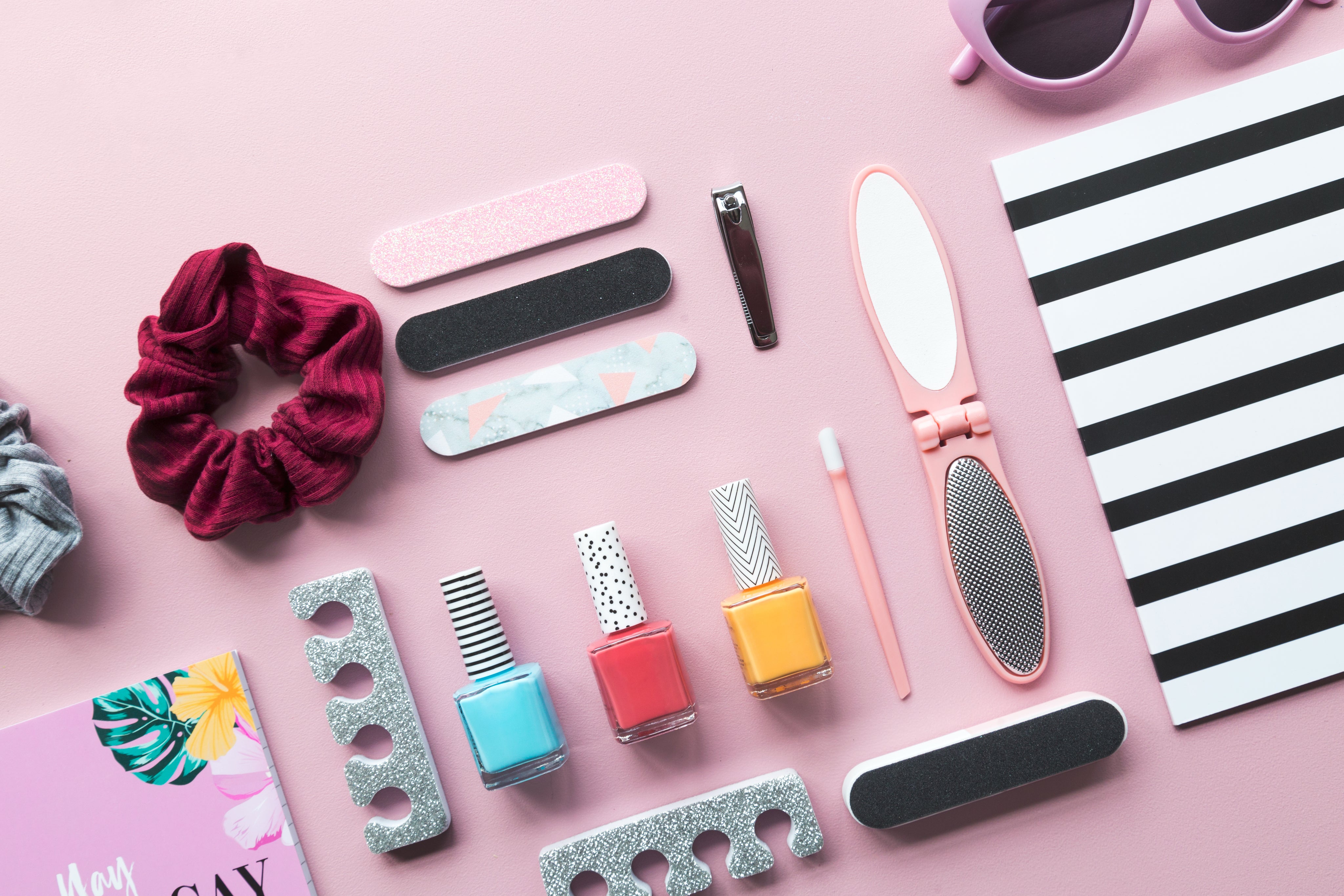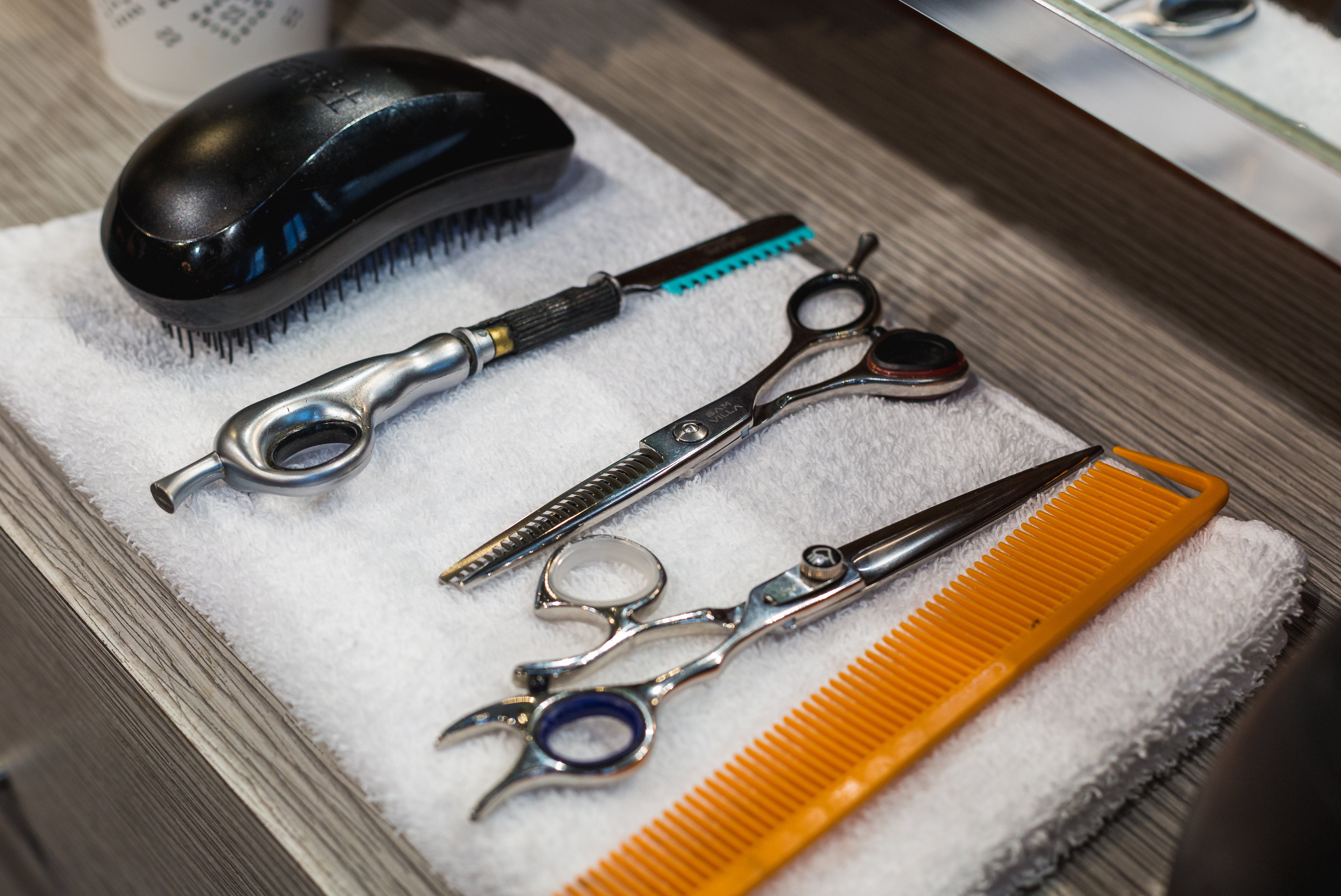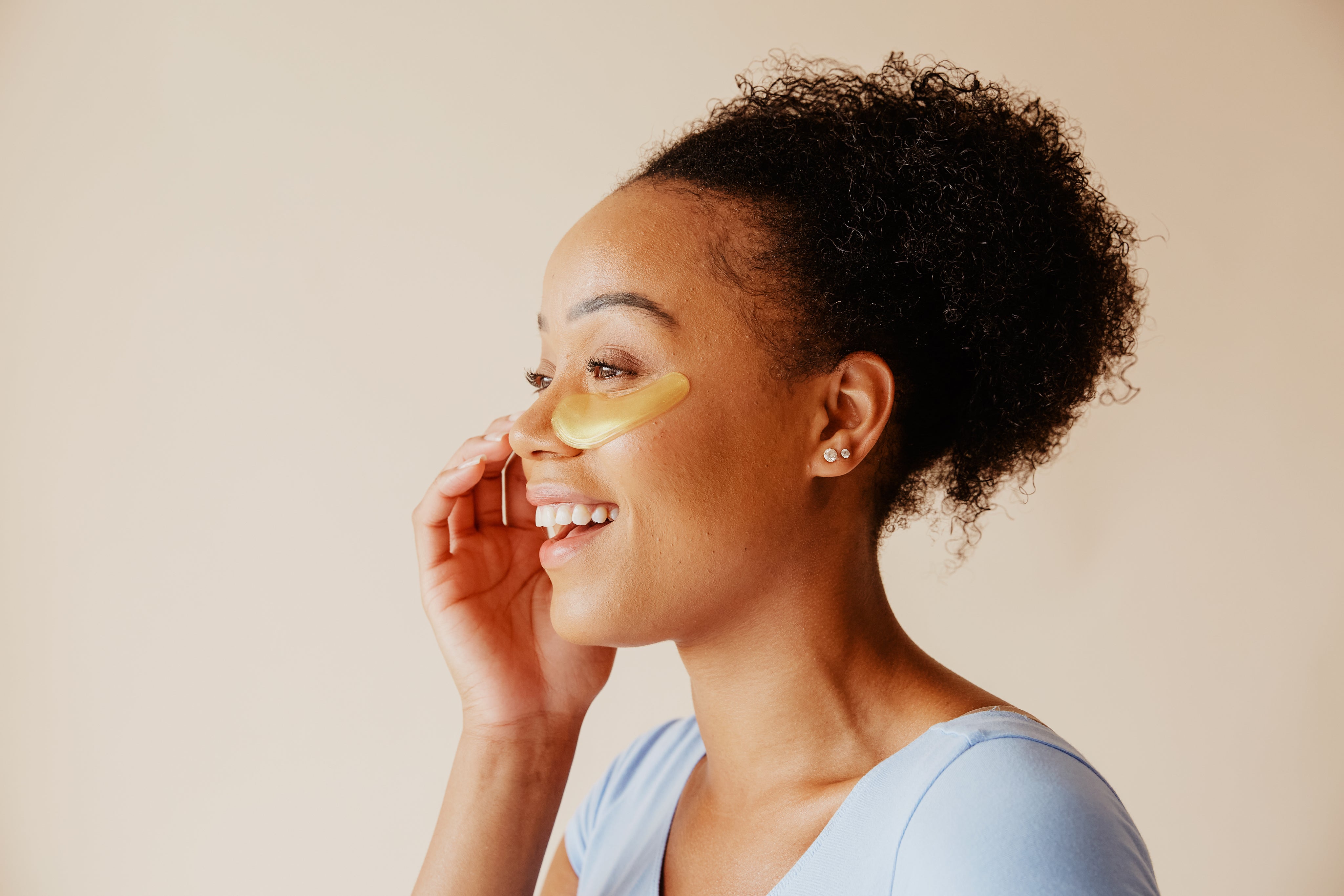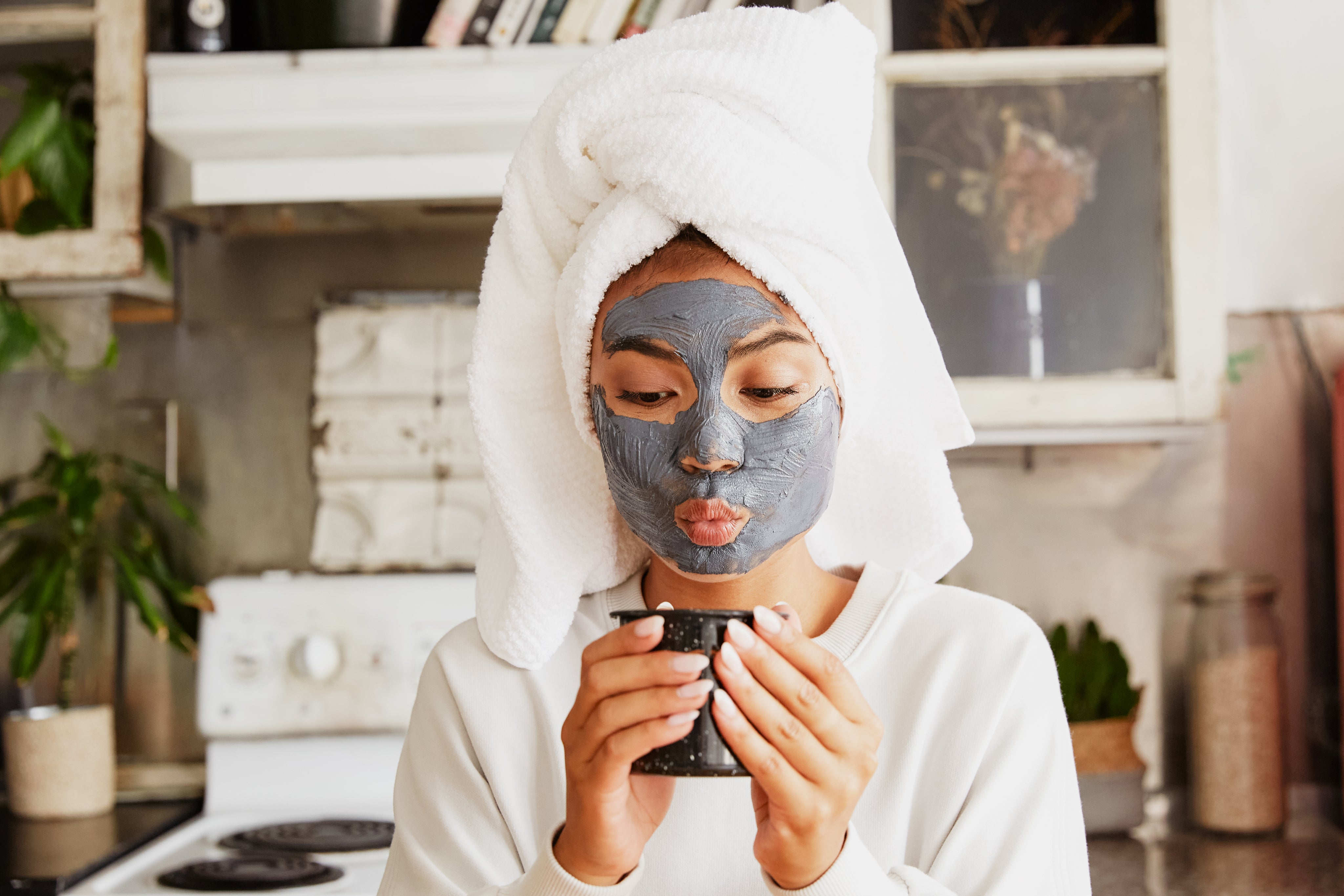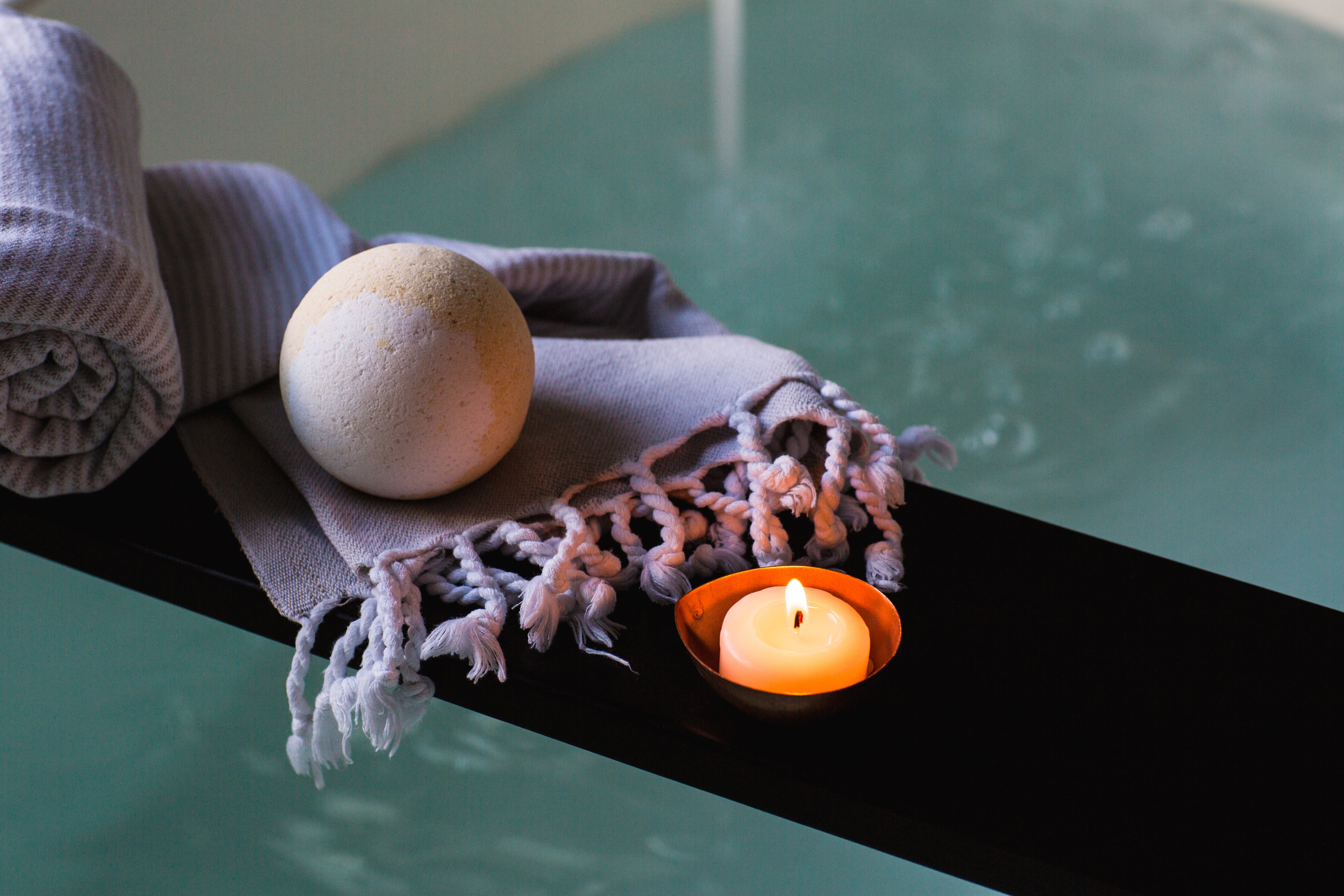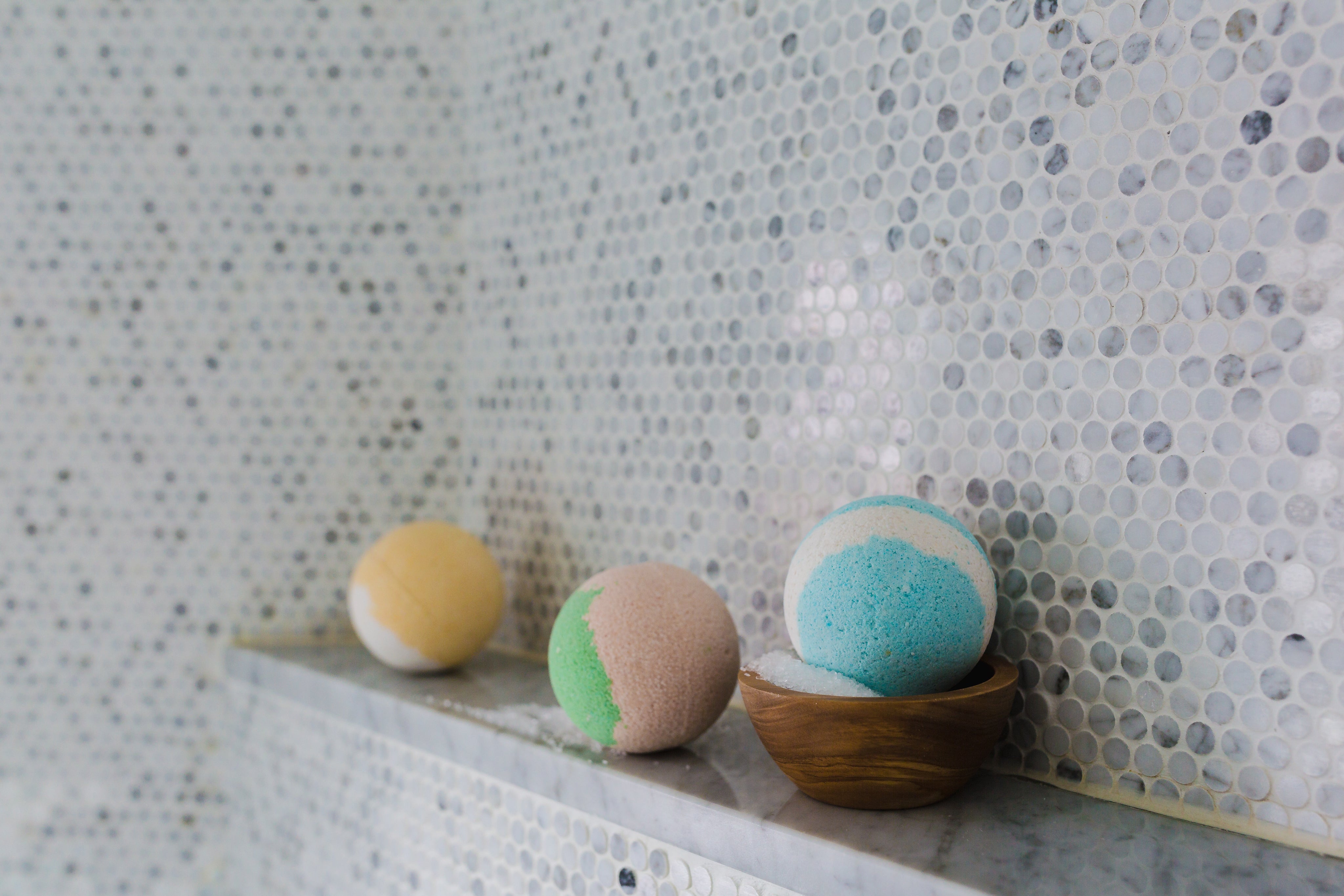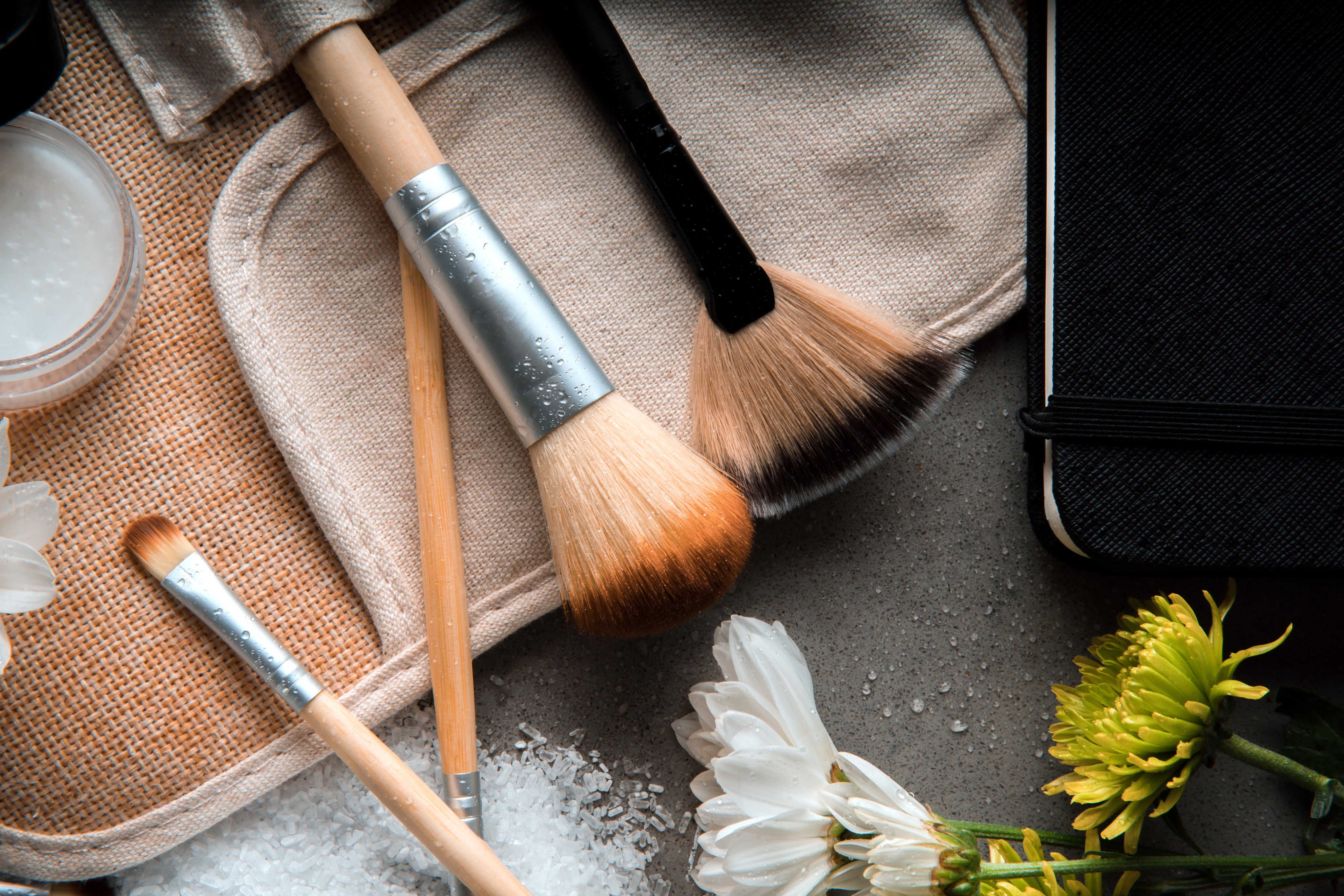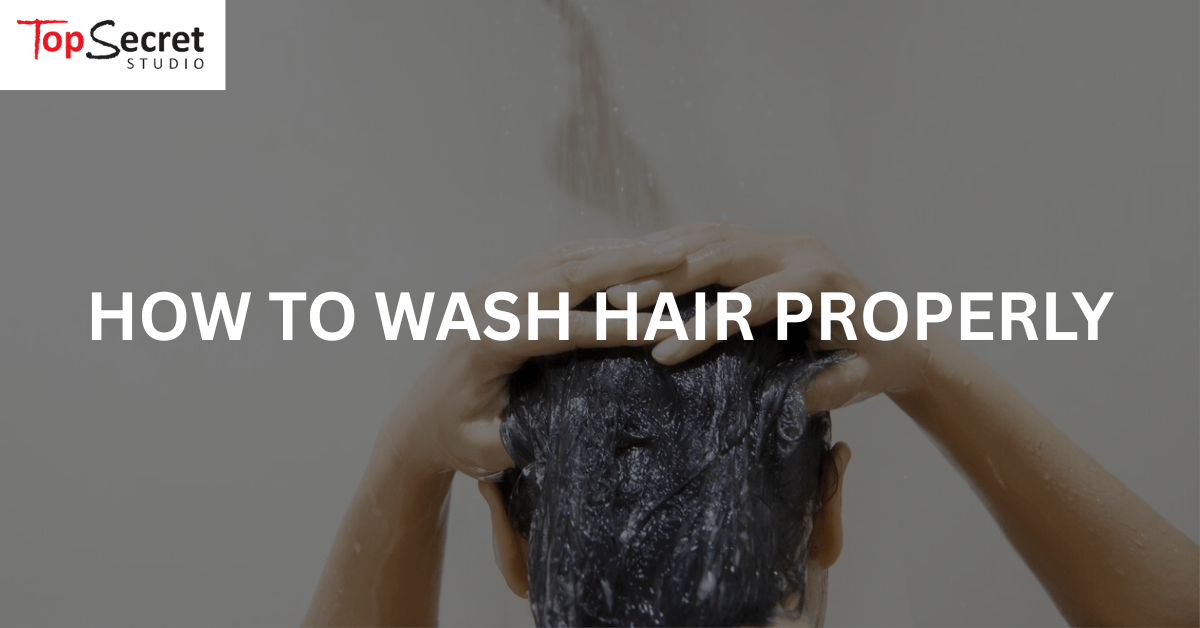
Should You Wash Your Hair Everyday? Let’s Find Out
Hair care seems like such a simple thing: washing your hair, rinsing it clean, and drying it with a towel. But scratch the surface and you'll find a whole heap of opinions and advice floating around on the internet. From health gurus to know-it-all influencers, some swear by a daily scrub, while others reckon less is more.
So, what's the actual story? Is there a one-size-fits-all answer to the burning question? Should you wash your hair every day?
The answer is yes… and no.
Understanding Your Scalp and Hair
To get to the bottom of this, we need to understand what's going on up top, so to speak.
Your scalp produces a natural oil called sebum. Contrary to popular belief, this sebum is actually quite important since it helps to keep your hair moisturised and protected. However, too much sebum can lead to greasy, lanky locks that make your hair look unkempt.
On the other hand, over-washing can potentially disrupt this delicate balance, which might lead to other issues like dryness, irritation, or even an overproduction of sebum as your scalp tries to compensate for being stripped too often.
It's a bit of a balancing act. You want to remove excess oil and build-up, but you don't want to strip away the natural goodness that keeps your hair healthy.
Sebum and Washing Frequency
To get a clearer picture of your wash cycle, here is a nifty table:
| Sebum Level | Hair Condition | Scalp Feel | Potential Washing Frequency |
|---|---|---|---|
| Low | Dry, brittle, dull | Tight, possibly itchy | Less frequent |
| Moderate | Healthy, shiny | Comfortable | As needed |
| High | Greasy, lank, weighed down | Oily, slick | More frequent |
Factors That Influence Your Hair Washing Routine
There are many factors that can affect how often you might need to wash your hair. It's not just about personal preference, although that does play a part in personal comfort and hygiene.
- Hair Type: Fine hair tends to get greasy quicker than thick or coarse hair. Straight hair also shows oil more readily than curly or coily hair, which can often go longer between washes.
- Scalp Type: Some people naturally have oilier scalps than others. If your scalp feels greasy by the end of the day, you're likely on the oilier side. A drier scalp might mean you can stretch out washes.
- Activity Level: If you're hitting the gym daily or live in a humid tropical climate like Southeast Asia, you're very likely to sweat more. Sweat can mix with sebum and product build-up, making your hair feel dirty faster.
- Products Used: The types of hair products you use can also play a role. Heavy serums, waxes, and sprays can build up on the scalp, requiring more frequent washing.
- Lifestyle: Even things like how often you wear hats or headscarves can affect how clean your hair feels. If you are a hat enthusiast, you can build up excess sebum faster.
The Case for Washing Your Hair Daily
- Removing Excess Oil: If you have an oily scalp, daily washing can help prevent that greasy feeling and appearance.
- Clearing Product Build-up: Regular washing can get rid of residue from styling products, keeping your hair looking and feeling fresh.
- Maintaining Scalp Health: For some individuals, especially those with certain scalp conditions, frequent washing might be recommended to keep the scalp clean and healthy.
The Case for Washing Your Hair Less Often
- Drying Out Hair: Over-washing can strip your hair of its natural oils, leading to dryness, frizz, and even breakage.
- Irritating the Scalp: Frequent washing can disrupt the natural balance of your scalp, potentially causing irritation, itchiness, and sensitivity.
- Fading Hair Colour: If you colour your hair, washing it too often can cause the colour to fade faster.
Finding Your Sweet Spot: How Often Should You Actually Wash?
Pay attention to your hair. How does it look and feel? Does it feel greasy and weighed down? Or does it feel dry and brittle? These are important clues.
Washing Frequency Guide
| Hair Type | How Often? | Considerations |
|---|---|---|
| Fine, Straight | Possibly every day or every other day | Shows oil easily, prone to build-up |
| Thick, Coarse | Every 2-3 days or longer | Can handle more oil, less prone to looking greasy quickly |
| Wavy | Every 2-3 days | Can lean towards oily or dry, observe how it feels |
| Curly, Coily | Once or twice a week | Natural oils travel down the hair shaft more slowly, prone to dryness |
| Oily Scalp | Possibly daily or every other day | Focus shampoo on the scalp |
| Dry Scalp | 2-3 times a week or less | Use gentle, moisturising shampoos |
| Colour-Treated Hair | Every 2-3 days or longer | Use colour-safe shampoos to prolong colour vibrancy |
Tips for Finding Your Ideal Wash Schedule
- Listen to Your Hair: This is the most crucial step. Observe how your hair looks and feels between washes.
- Start Gradually: If you're used to washing daily and want to cut back, try every other day for a week and see how your hair responds.
- Consider Dry Shampoo: A lifesaver on in-between days to absorb excess oil and refresh your roots.
- Focus on the Scalp: Concentrate shampoo on the scalp where oil and build-up collect. The ends need less washing.
- Use the Right Products: Choose shampoos and conditioners suited to your hair type and goals. Hair Products that directly addresses your hair needs are much better than one-size-fits-all solution shampoos.
Like All Things, Hair Washing Is About Balance
For some, a daily wash might keep oily scalps at bay and hair feeling fresh. For others, that same daily routine could lead to dryness, irritation, and a whole host of hair woes.
We reckon the key takeaway here is to become a bit of a hair detective. Pay close attention to what your own hair and scalp are telling you. Are your roots looking slick by midday? Or is your hair feeling like straw even with regular conditioning? These are the clues you need to decipher your ideal wash schedule.
Finding Your Personal Hair Washing Harmony
Determining the ideal hair washing frequency isn't a one-size-fits-all equation. As we at Top Secret Studio have explored, it hinges on individual hair type, scalp condition, lifestyle, and the hair products you use.
Ultimately, the best approach is to become attuned to your hair's unique needs. Pay attention to how it looks and feels, and adjust your washing routine accordingly. Whether that means a daily cleanse or stretching it out to once or twice a week, the goal is to find that sweet spot where your hair feels clean, healthy, and vibrant.
Frequently Asked Questions About Washing Your Hair
Can Daily Washing Cause More Dandruff?
For some, yes. Over-washing can dry out the scalp, potentially leading to irritation and a flaky scalp, which can be mistaken for or worsen dandruff.
Will Washing My Hair Daily Make it Fall Out More?
Generally, no. Normal shedding isn't increased by daily washing, though harsh handling while wet could contribute to breakage.
If I Use a Lot of Hairspray Daily, Should I Wash Daily?
Yes. Frequent product build-up can weigh down hair and irritate the scalp, often necessitating more frequent washing.
Does Daily Washing Affect My Hair's Natural Shine?
It can. Over-washing strips the natural oils that contribute to shine, potentially leaving hair looking dull.
What Type of Shampoo is Best for Daily Washing If Necessary?
Opt for gentle, sulfate-free formulas designed for frequent use to minimize stripping natural oils.
If My Hair Feels Clean Without Washing, Should I Still Wash Daily?
No. If your hair and scalp feel healthy and aren't oily or experiencing build-up, there's no need to wash it daily.

